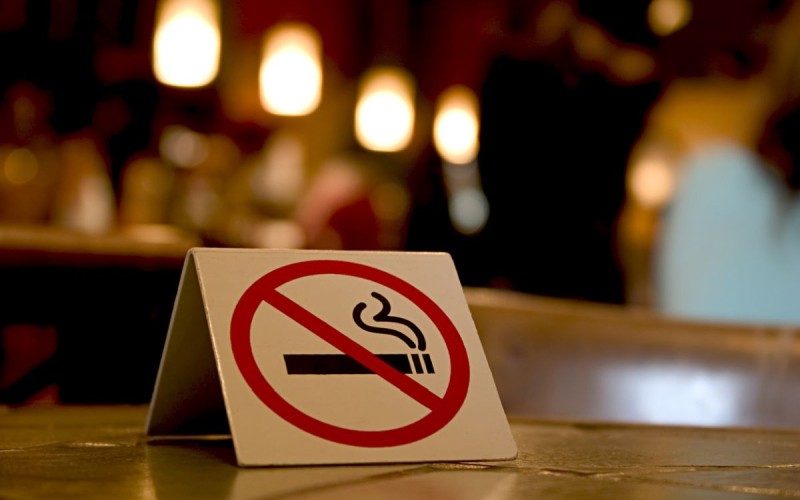
A smoke-free law prohibits smoking in public transport and in a specified list of public and workplaces. Any smoking area, even if separately ventilated, is prohibited under a comprehensive law. The effectiveness of a law is significantly reduced when designated smoking rooms are included.
Tobacco Control and Regulatory Act 2011 prohibits smoking in public places, such as Government offices, corporations, educational institutions, libraries, airports, public vehicles, orphanages, childcare centers, cinema halls, homes for the elderly, cultural centers, children’s gardens, hotels, restaurants, resorts, girl’s and boy’s hostels, department stores, religious sites, and industries.
Action Nepal assisted Bharatpur Metropolitan City in creating Bharatpur a smoke-free city. In 2021, the Mayor of Bharatpur Metropolitan City Renu Dahal declared Bharatpur a Smoke-Free City.